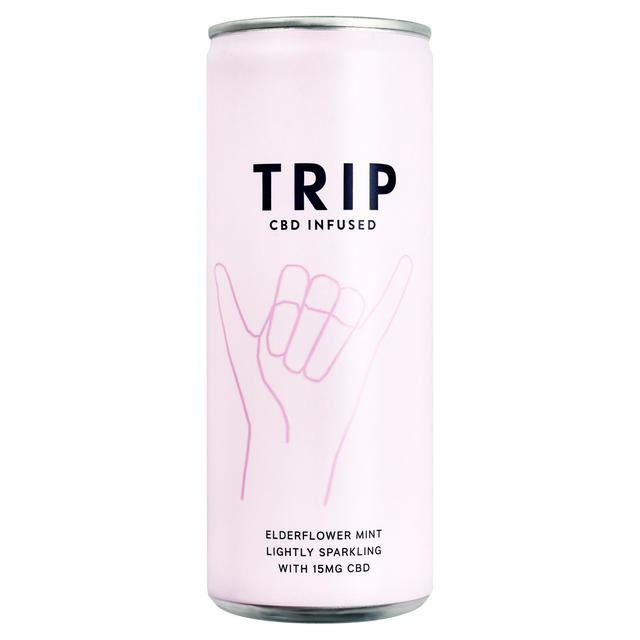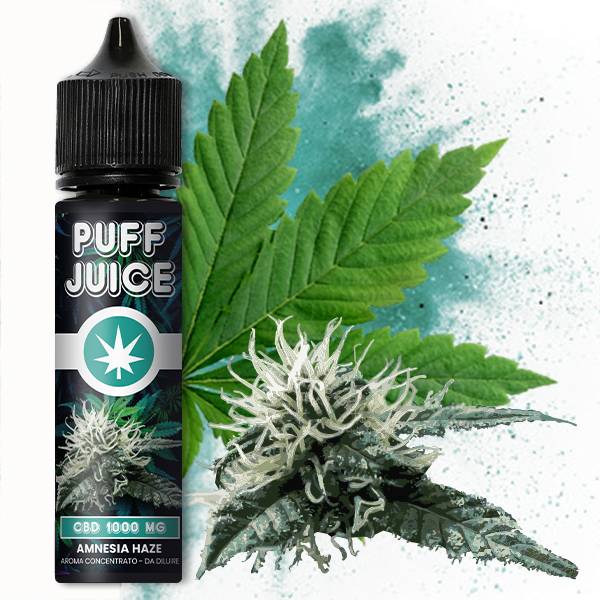
Charleston Hemp Collective is the place to visit if you want to experience hemp products in Charleston. It is a lovely place with a great vibe and helpful employees. The Charleston Hemp Collective will be open Monday through Saturday. CBD oil, bath crystals, gummies and tinctures can be purchased at the Charleston Hemp Collective.
CBD oil
People with chronic conditions can find CBD oil at the Charleston hemp cooperative a great choice. These products are grown in Charleston, South Carolina and produced in a collaborative atmosphere. The company's philosophy is "seed-to-soul", which is typical of Southern culture. The tinctures come five times and have different flavors. JW recommends the broad range gummies to those who want the best CBD oil. They contain the highest CBD concentration.

Bath crystals
Charleston hemp collective sells bath crystals, full-spectrum hemp oil, and other hemp-derived products that nourish and replenish the largest organ of the body, the heart. They are also great for pets as they can help with anxiety. They want to educate Lowcountry residents and visitors about hemp products' benefits.
Gummies
Charleston Hemp Collective CBD chewables are an excellent alternative to CBD oil. They have great flavors and high-quality formulations. They contain 400 mg CBD per portion and are 100 percent vegetarian.
Tinctures
Charleston offers a variety of hemp tinctures. The Charleston Hemp Collective also has locations in Savannah, GA and Columbia, SC. The stores are located on main streets which means that they attract high foot traffic. The environment in the hemp shop is welcoming and warm. The store's owners are passionate about changing the way people view cannabis. They are happy and able to offer samples and educate visitors.

Willie's Remedy brand Teas
Charleston hemp cooperative carries a range of hemp-infused coffees. These coffees and teas are made in small batches by farmers who use full-spectrum Hemp extract. These products are a great choice for caffeine-free herbal teas.
FAQ
Is the CBD market saturated or not?
CBD industry is growing at over 25% per annum. This growth is expected to continue for at least another five years. The industry is forecast to grow from $2 Billion to $5 Billion by 2020.
Canndoc Ltd and GW Pharmaceuticals are the dominant players in the CBD market. Both companies focus on developing high-quality pharmaceutical-grade products. Both have not been very successful to date. Both of them are having difficulty gaining traction in today's marketplace.
Cannabidiol (CBD), an extract from cannabis, contains less than 0.3% THC. It does not cause any psychoactive effects. It is used to treat epilepsy and other conditions. It is also used to supplement a diet.
There are many types of CBD products. Some CBD products are made with whole plants extracts, others use CBD isolates.
These products all have one thing in common: they contain low amounts of THC.
They are now legal under US federal laws. This doesn't mean you shouldn't follow local laws when selling CBD-related products. Check with your state regarding the sale of CBD products.
Additionally, CBD products in some states are illegal. These include California and Colorado, Florida, Mississippi. Missouri, New York. North Carolina. Ohio. Oklahoma. Oregon. Rhode Island. South Dakota. Texas. Utah. Virginia. Washington.
If you live in one of these states, then you will probably want to avoid making CBD products.
What amount of CBD do I require?
The product type you're using will affect the amount of dosing.
CBD oils come with a range of strengths: 100mg to 1000mg per ounce.
Some CBD products are made with precise dosages.
Charlotte's Web, for instance, produces CBD products that are high in CBD and other cannabinoids.
Start with a low dosage if you are unsure if CBD is right for you.
You can always go higher later.
What CBD products have the highest sales?
CBD products are becoming increasingly popular. They can be used for anything, including pain relief or anxiety. The market is growing rapidly and is very large.
But why do people purchase CBD? And how does this affect you as a brand owner?
According to Statista CBD products are purchased for their relaxing properties. They are also used for their anti-inflammatory properties.
If your product contains both CBD and THC, it can be used for medicinal and recreational purposes.
What about brands that are focused on a single purpose? For example, if a company sells CBD for stress relief, then it won't have much competition.
In addition, if a brand focuses on CBD for medical purposes, then it will have a large customer base.
However, a brand that wants to target recreational customers must develop a unique selling message (USP). A USP is basically a feature or benefit that sets a brand apart from competitors.
For example, some brands offer free shipping, while others offer discounts for bulk orders.
What is the size of the global CBD market?
Euromonitor International estimates that the global CBD market is worth $US3.5Billion in 2015. This is more than 10% higher than 2014
The report projects that this figure will reach $US6.4 billion by 2020. This represents an average annual growth rate 12%.
CBD products will make up around half of all products derived from hemp by 2020.
This includes CBD oils and other CBD products like food, beverages, cosmetics and pet care items.
Where can I get CBD products?
CBD can also be purchased at your local store or online. Online retailers tend to offer better deals. You will find that many websites sell CBD products made using industrial hemp, which contains less than 0.3% THC.
Look for local businesses that sell CBD products.
Many states now have laws allowing consumers to buy CBD products without a prescription. CBD products can be purchased at your local pharmacy in some states if you are one of them.
CBD products may be delivered right to your doorstep.
Is CBD investing a smart investment?
The answer to this question depends on what you are looking for. If you want to make money, then yes, they are a great investment, but if you just want to invest in something that might help people, then I would say no because there are other ways to do that without spending $20k on an oil extraction machine.
Statistics
- CBD seems unlikely to directly influence sleep in healthy humans [115] (and maybe “sleep-promoting” in those with certain comorbid conditions) (ncbi.nlm.nih.gov)
- While the primary injury may not be treatable, interventions that attenuate secondary sequelae are likely to be of benefit [203].Only one study (ncbi.nlm.nih.gov)
- OralWhere HED is the human equivalent dose, and Km is a correction factor estimated by dividing the average body mass (BM) of the species (60, 0.020, and 0.150 kg for 11 humans, mice, and rats, respectively) and by its surface area (see: Nair et al. (ncbi.nlm.nih.gov)
- A recent study [161] also found that in vitro CBD treatment (i.e., ≤ 2 h exposure to 10 μM) induced ~40% vasorelaxation in isolated (pre-constricted) (ncbi.nlm.nih.gov)
- A recent systematic review of human trials also reported that individuals with epilepsy receiving CBD (5–20 mg·kg−1·day−1) were more likely to experience decreased appetite than those receiving placebo (i.e., ~20 vs. 5% of patients) (ncbi.nlm.nih.gov)
External Links
How To
What are the issues that the CBD industry faces?
The market for CBD products continues to grow at an amazing rate. However, this market is still full of challenges for businesses that want to expand. These include lack of consumer awareness and high costs of entry, limited capital access, and regulatory uncertainty.
Many people don't know much about CBD or how it works. This means that consumers are unable make informed decisions about purchasing CBD products.
CBD companies heavily rely on word-of-mouth advertising. This can be costly as it involves advertising and staffing to promote the brand.
The high production costs are another issue that new entrants to the CBD industry face. The raw materials needed to create CBD products are quite expensive. CBD oil can only be made if hemp is grown in the right climate and soil conditions.
It takes approximately $1,000 per acre to grow enough hemp to process into CBD oil. Because of this, many small farmers are unable to afford to grow enough hemp for CBD oil.
Another challenge new entrants face in the CBD market is the lack of access to capital. Banks are often discouraged from helping people start businesses because of the stigma that surrounds the industry.
Last but not least, there is regulatory uncertainty regarding the sale and distribution of CBD products. There are no established guidelines regarding the marketing of CBD products.
Although some states have passed legislation restricting CBD product sales, this has not become a national policy.
So far, only two states - Maine and Nevada - have legalized recreational marijuana.
However, some states like Massachusetts and Michigan are considering similar measures.
These changes could increase competition among CBD manufacturers.
Many entrepreneurs prefer to work at home over starting a business.